Suspended Internet and SMS services in NUH, Haryana on security concerns
In a step highlighting the increasing sensitivity around law and order in some parts of Northern India, the Haryana government has temporarily suspended mobile internet and SMS services in NUH district. The official order issued on July 13, 2025 states that a 24-hour communication blackout was installed to curb the probable disturbance and the spread of misinformation.
The suspension came into effect from 9:00 pm on 13 July and will continue till 9:00 pm on July 14. While the government emphasized this as a precautionary step on this, it has discussed about civil freedom, digital dependence and balance between public safety and communication rights.
Why was the Internet suspended?
According to the Department of Home Affairs, Haryana, intelligence input suggested potential misuse of digital platforms, such as WhatsApp, Facebook and Telegram, spread inflammatory content, coordinating protests or to create disturbance. As a preventive measure, the administration took a call to disable all wholesale SMS and internet-based communication, including mobile data.
The region has seen sporadic episodes of communal stress, political activism and misinformation-powered flash mobs, during particularly sensitive events or tests. While this latest example no specific trigger was quoted, precautionary action reflects a growing trend to digitally clamp into high -risk areas between state governments.
Effect on local population
Shutdown of mobile internet services in NUH affects:
- More than 500,000 residents including students, business owners and farmers.
- Online banking and payment services, disrupting digital transactions.
- School and college classes, which often rely on digital platforms.
- Real -time news and weather alert access, especially during the monsoon season.
Local residents have voiced disappointment, especially the owners of small businesses and students preparing for competitive examinations, who feel that they are paying the price for large political or security issues that have no control over them.
Public and expert reactions
Organizations like Digital Rights Activists and Internet Freedom Foundation (IFF) have repeatedly criticized such blanket suspension. According to him, internet blackouts violate the constitutional right to speech and freedom of expression and cause great damage to economic and educational activities.
Cyber security and policy experts argue that the targeted digital monitoring will be more effective and less disruptive than a large scale shutdown. Delhi -based tech policy analyst said, “We need smart governance, not digital darkness.”
Legal framework behind the ban
Section 5 (2) of the Telegraph Act, 1885, and Rule 2 (1), 2017 of temporary suspension of Telecom services (public emergency or public safety) rules, the government has the right to block communication in the interest of public safety and order.
However, in the landmark Anuradha Bhasin vs India Judgment (2020), the Supreme Court ruled that such shutdowns should happen:
- Temporary and timely
- Essential and proportional
- Reviewed by a committee within 7 days
It is not clear that this current suspension in NUH has followed all such hard work protocols.
India and internet shutdown: a global concern
According to the report by Access Now and Human Rights Watch, India topped the global chart for the Internet shutdown. In 2023 alone, India calculated more than 60% of all internet blackouts worldwide. Most of these shutdowns are politically sensitive areas such as Jammu and Kashmir, Rajasthan, Uttar Pradesh and now Haryana.
While governments cite “public safety”, critics say the device is used to press rapid dissatisfaction and control narratives.
Looking forward: Is there a better way?
As the digital economy grows and India becomes rapidly dependent on mobile connectivity, blanket internet shutdowns may no longer be viable solutions. Officers require:
- Invest in AI-Trained Material Monitoring
- Apply localized restrictions instead of complete ban
- Improve digital literacy to combat fake news at the ground level
- Participation with technical companies for better moderation
Conclusion
Temporary internet and SMS shutdown in NUH district of Haryana are the latest example of digital policing in response to real or alleged hazards. While the intention is public safety, the result affects every layer of society – from commerce and communication to education and emergency services.
Further challenge lies in finding the right balance between security and freedom between security and freedom. As India progresses in its digital journey, such decisions should be weighed more carefully to ensure both peace and progress.


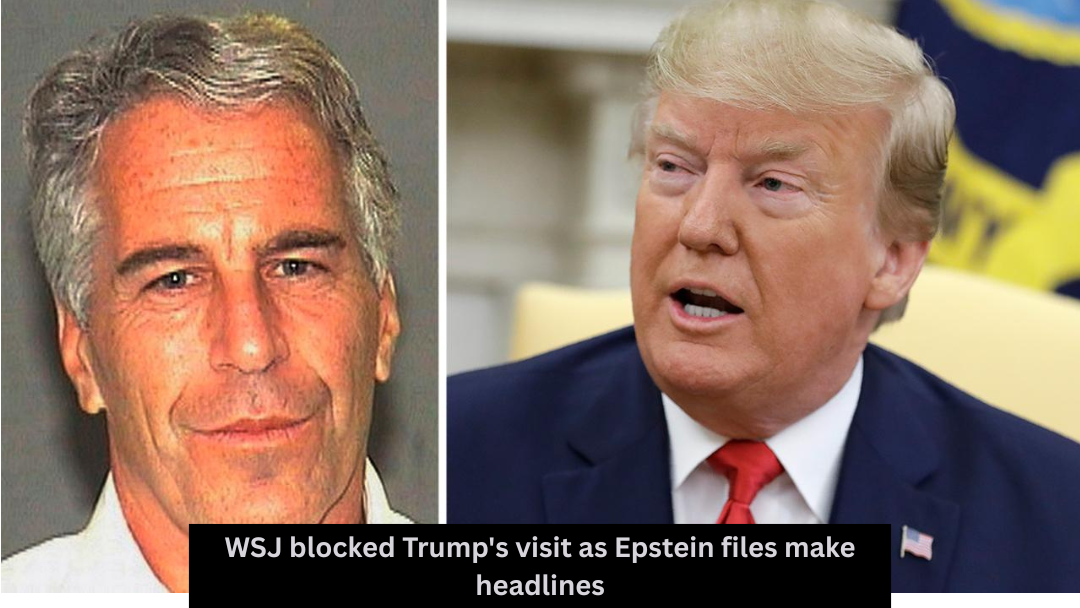

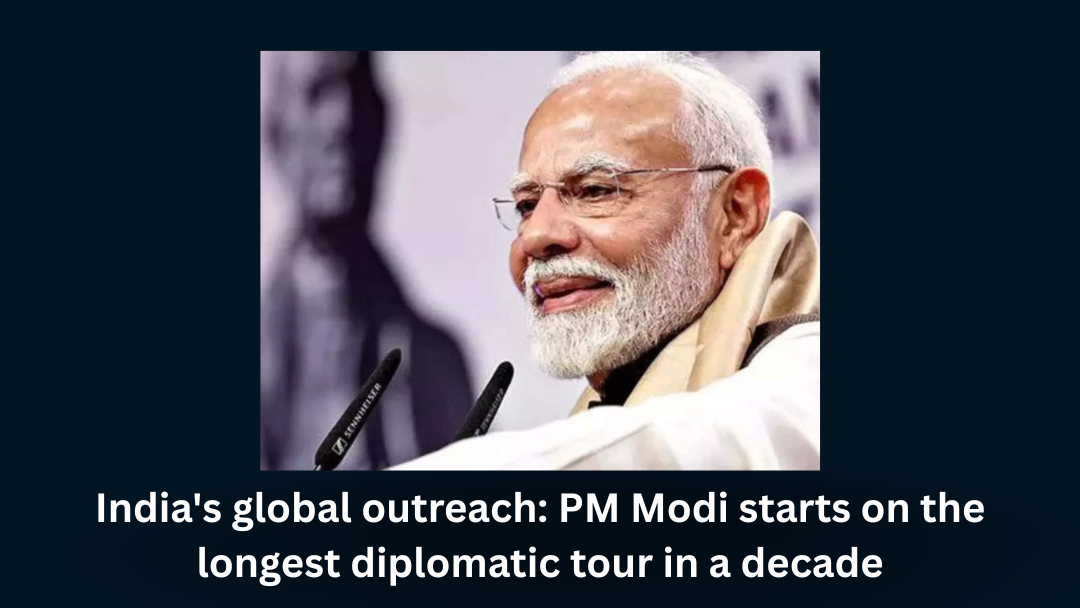
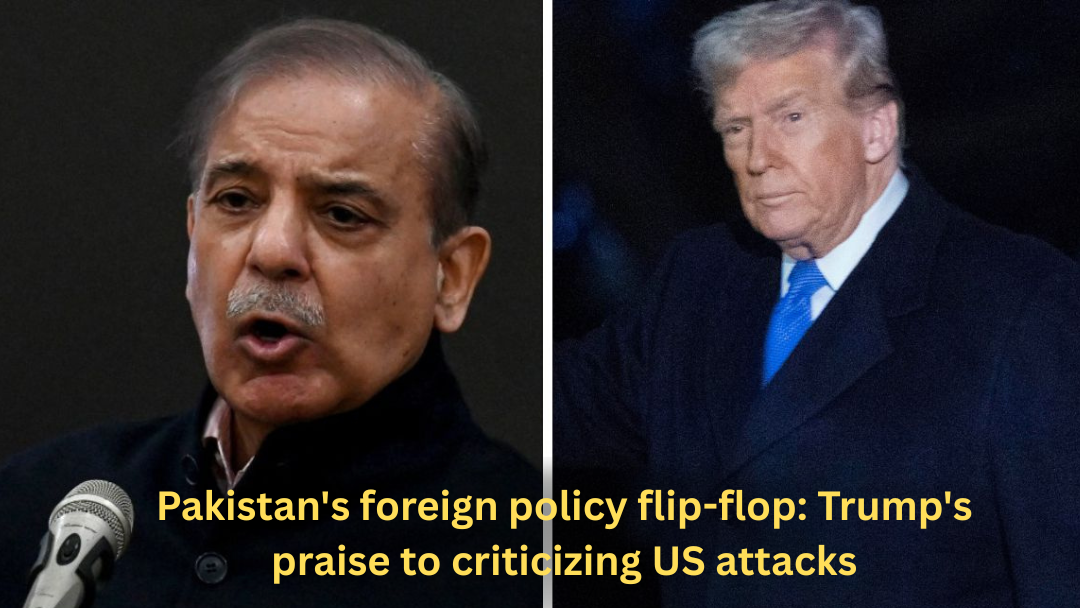


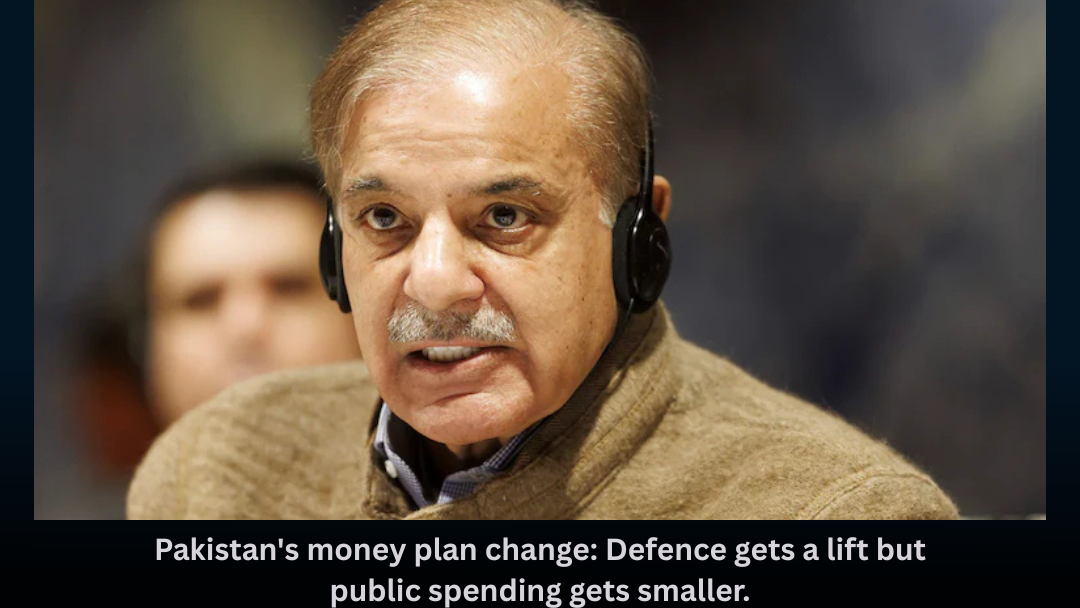

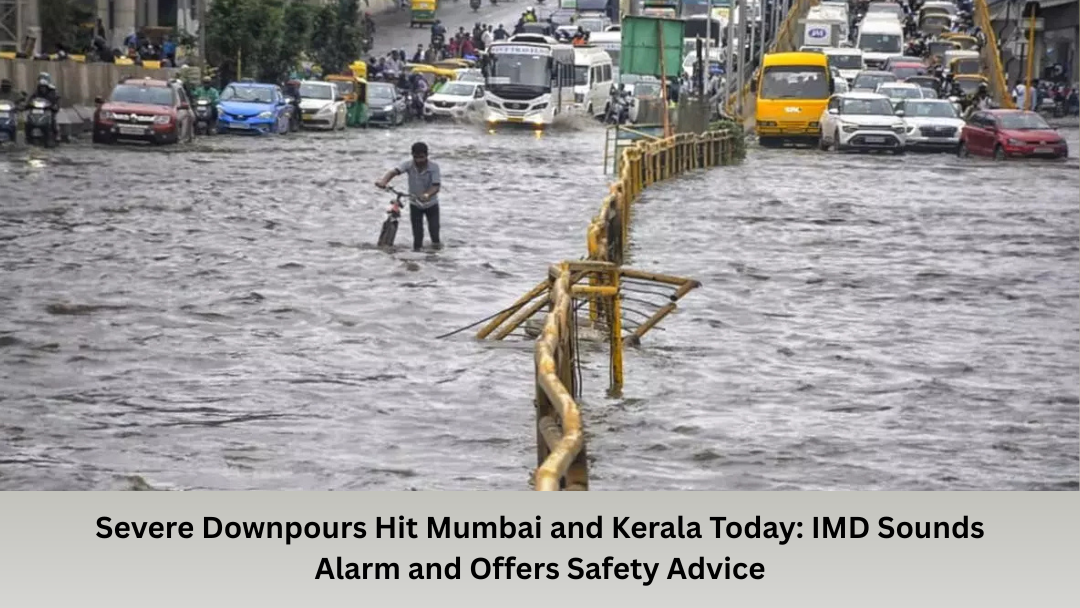


Leave a Reply